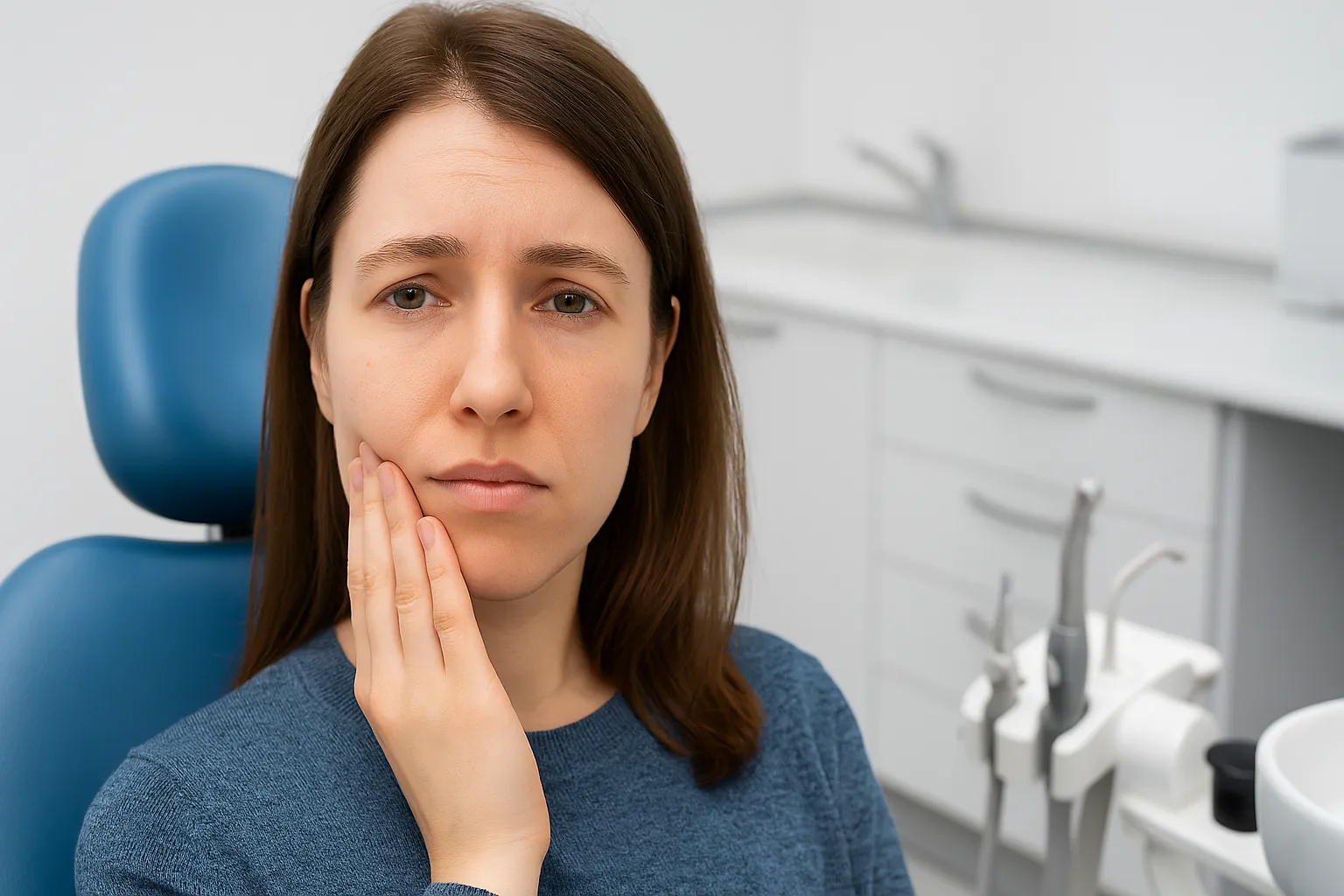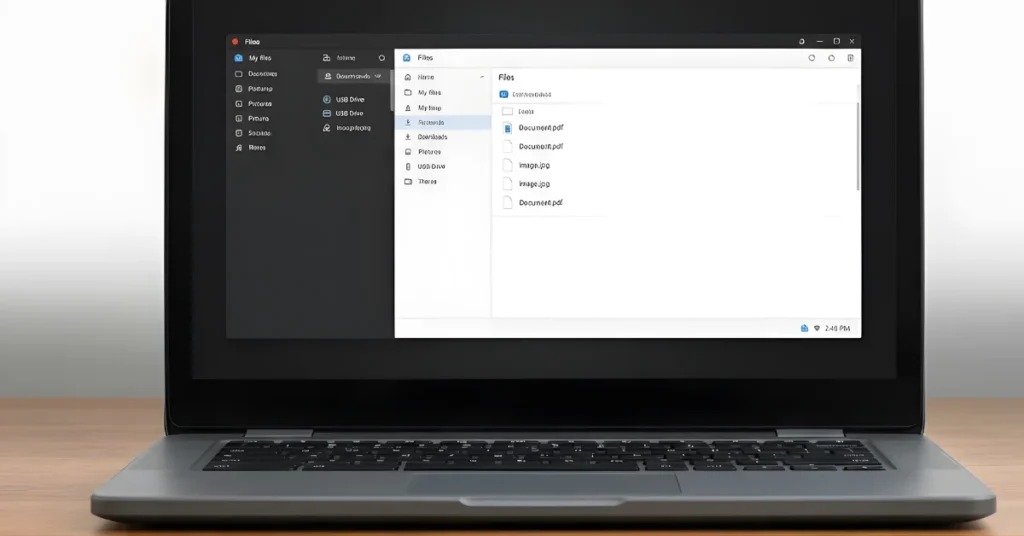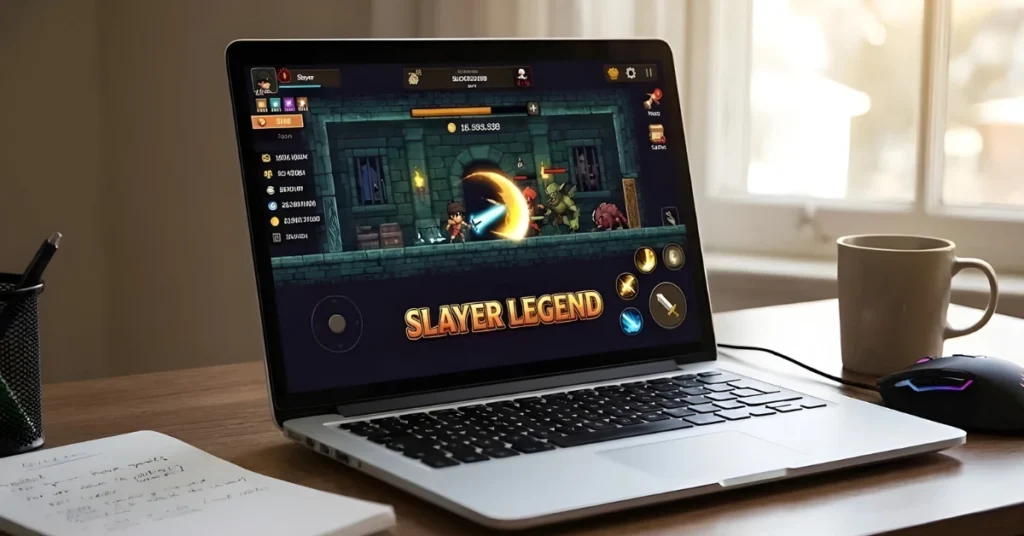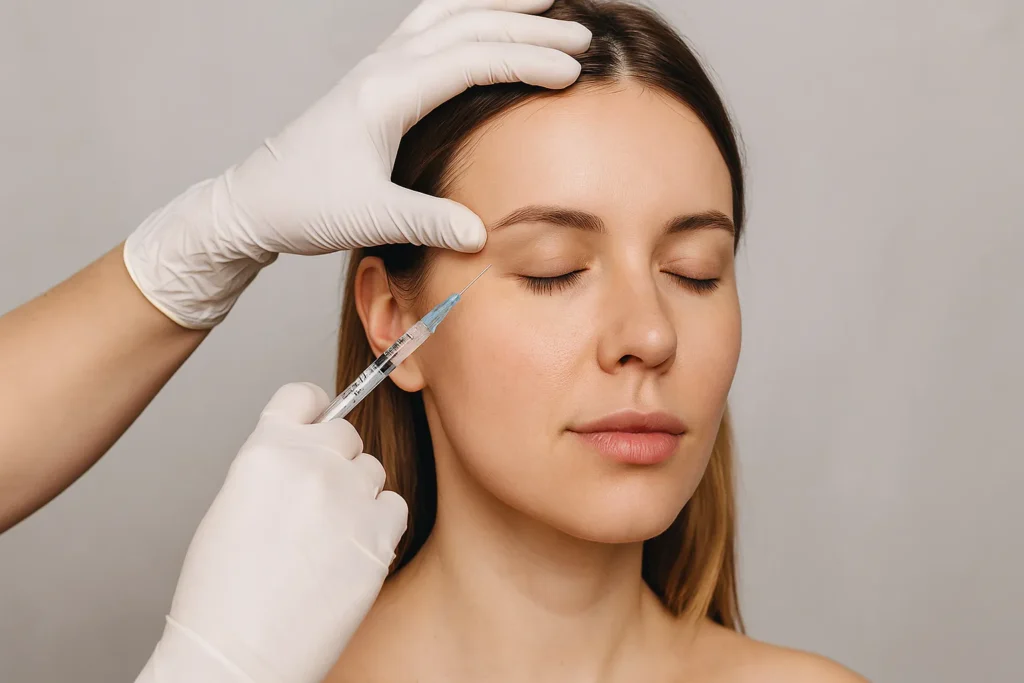Getting a dental filling is a routine but important step in keeping your teeth healthy. Whether it’s your first time or your fifth, one thing that often raises questions is the numbness that follows. You’re sitting in the chair, the dentist injects the anesthetic, your lip goes numb, and the next thing you know, you’re biting your cheek because you can’t feel it. So really, how long does numbness last after filling? Let’s break it down in simple terms and help you understand what’s happening inside your mouth.
Why Numbness Happens After a Dental Filling
Numbness is a side effect of local anesthesia, let’s understand how it works. Dentists use a local anesthetic to numb the area around the tooth they’re treating. The purpose is to keep you pain-free while they clean out the cavity and place the filling. This numbing effect typically affects your lips, cheeks, and sometimes even your tongue, depending on where the filling is located. The medication blocks the nerves from sending pain signals to your brain, and until it wears off, you won’t feel much in that area.
How Long Does Numbness Last After Filling?
Let’s address the most asked question, how long does this strange feeling actually last? On average, the numbness wears off within 1 to 3 hours after the procedure. But the exact time can vary based on several factors:
- Type of anesthetic used
- Location of the filling (upper jaw or lower jaw)
- Individual metabolism
- Age and overall health
For most people, it starts fading around the 2-hour mark. However, some might feel residual numbness for up to 5 hours, especially if the procedure was extensive or involved multiple injections.
How Long Does Numbing Last After Filling in Children and Seniors?
Yes, age can affect the numbness period too. In children, the numbness can sometimes linger longer because their bodies process medications differently. That’s why dentists often use lower doses for kids. Still, it’s important to keep an eye on them, they might accidentally bite their cheeks or tongue without realizing it. For seniors, slower metabolism or certain medications may prolong the numbing effect. It’s nothing to worry about unless it continues beyond the typical timeframe.
What to Do While You’re Still Numb
Stuck with a numb face? Here are some tips to get through it safely and comfortably.
- Avoid chewing: You don’t want to chew your lip or tongue unknowingly. Stick to soft foods or liquids until the feeling returns.
- Skip hot drinks: You won’t feel the temperature and could burn yourself.
- No talking too much: Moving your mouth a lot might make the area more sore once the numbness fades.
Can You Speed Up the Process?
While there’s no magic switch to turn off the numbness, a few things might help.
- Massage the area gently– unless your dentist advises otherwise.
- Move around a bit– activity can help boost your circulation and metabolize the anesthetic faster.
- Stay hydrated– fluids support your body’s detox process.
While you’re dealing with numbness, remember it’s also a good time to avoid activities that require precision (like speaking at meetings or recording a podcast).
If your tooth still feels a little sensitive or wobbly, resources like How to Tighten a Loose Tooth at Home and How to Fix a Cracked Tooth Naturally can provide home care tips, though professional dental advice is always best.
When Should You Be Concerned?
Sometimes, numbness overstays its welcome. Here’s when to call your dentist. If numbness persists beyond 5–6 hours, or if you notice unusual symptoms like:
- Tingling without improvement
- Numbness in areas that weren’t treated
- Swelling, pain, or signs of infection
it’s best to check in with your dentist. Occasionally, nerve irritation can occur, especially during deep fillings or wisdom tooth procedures. For related post-procedure concerns, check out How to Sleep After Wisdom Teeth Removal, a guide that helps you rest easy after oral surgery.
Can Numbness Ever Become Permanent?
It’s very rare, but let’s address it. Permanent numbness after a filling is extremely uncommon. It usually only happens if a nerve was directly injured during the injection, which is more likely during wisdom tooth removal or complex procedures.
Most cases of prolonged numbness resolve on their own within a few days to a few weeks. If not, your dentist might recommend a nerve specialist for further assessment.
Why Do Some People Feel Tingling or Sensitivity After Numbness Fades?
Feeling weird after the numbness wears off? You’re not alone. Once the numbness fades, you might experience slight tingling or sensitivity, especially to cold or sweet things. This is usually a temporary adjustment period as your nerves recalibrate. If you’re dealing with tooth gaps or misalignment, you might want to explore options like How to Reduce Gap Between Teeth Naturally at Home or How Much Do Braces Cost Without Insurance for longer-term solutions.
Helpful Tips for a Smooth Recovery After a Filling
Now that you’re past the numb phase, let’s keep your mouth happy.
- Brush gently around the filled tooth
- Avoid hard or sticky foods for the first 24 hours
- Rinse with salt water (and yes, learn more about How Salt Keeps Dental Problems Away)
And for those curious about overall oral care: ever wondered How to Remineralize Teeth or How Much Are Veneers? You’ll find helpful answers on NutBolt India, the go-to hub for curious minds asking what, why, how, when, and where about almost everything.
Final Thoughts
So, how long does numbness last after dental filling? Most of the time, it’s gone in 1–3 hours. Sometimes it sticks around a bit longer, but rarely does it mean something serious. Knowing what’s normal and what’s not gives you peace of mind after your dental visit. Just remember, listen to your body, follow your dentist’s advice, and don’t chew your tongue while waiting!If you’re preparing for more dental procedures, you might also wonder How Long Does a Root Canal Take, or maybe How Long Does Invisalign Take to Work, both of which are worth understanding as part of your dental wellness journey.













